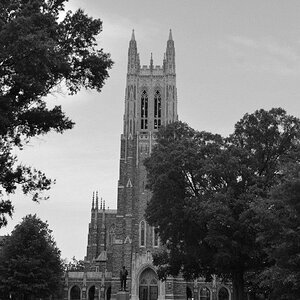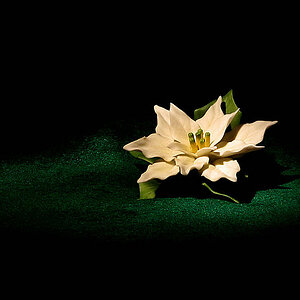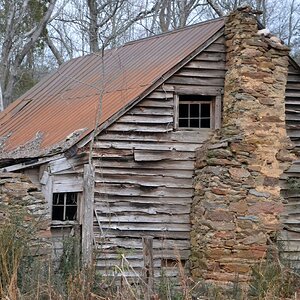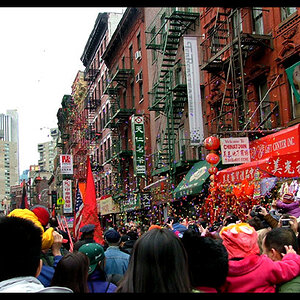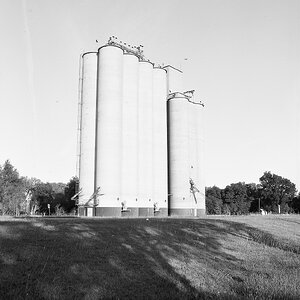Hi There
I'm writing a study on the merits of teaching B&W film photography in College based Photography courses, as opposed to teaching digital photography straight away.
I'd be really interested to hear what people's thoughts are. Is it pointless or outdated to teach what is fast becoming an outdated and less-used medium.
Or does the physical aspect of manually adapting & conforming light teach more about the process than digtal?
I'm about to begin a teaching course & this is something which is quite pertinent at the moment, seeing as we are still in the age of print/digital transition. I hope this sparks a healthy debate!
I'm writing a study on the merits of teaching B&W film photography in College based Photography courses, as opposed to teaching digital photography straight away.
I'd be really interested to hear what people's thoughts are. Is it pointless or outdated to teach what is fast becoming an outdated and less-used medium.
Or does the physical aspect of manually adapting & conforming light teach more about the process than digtal?
I'm about to begin a teaching course & this is something which is quite pertinent at the moment, seeing as we are still in the age of print/digital transition. I hope this sparks a healthy debate!





